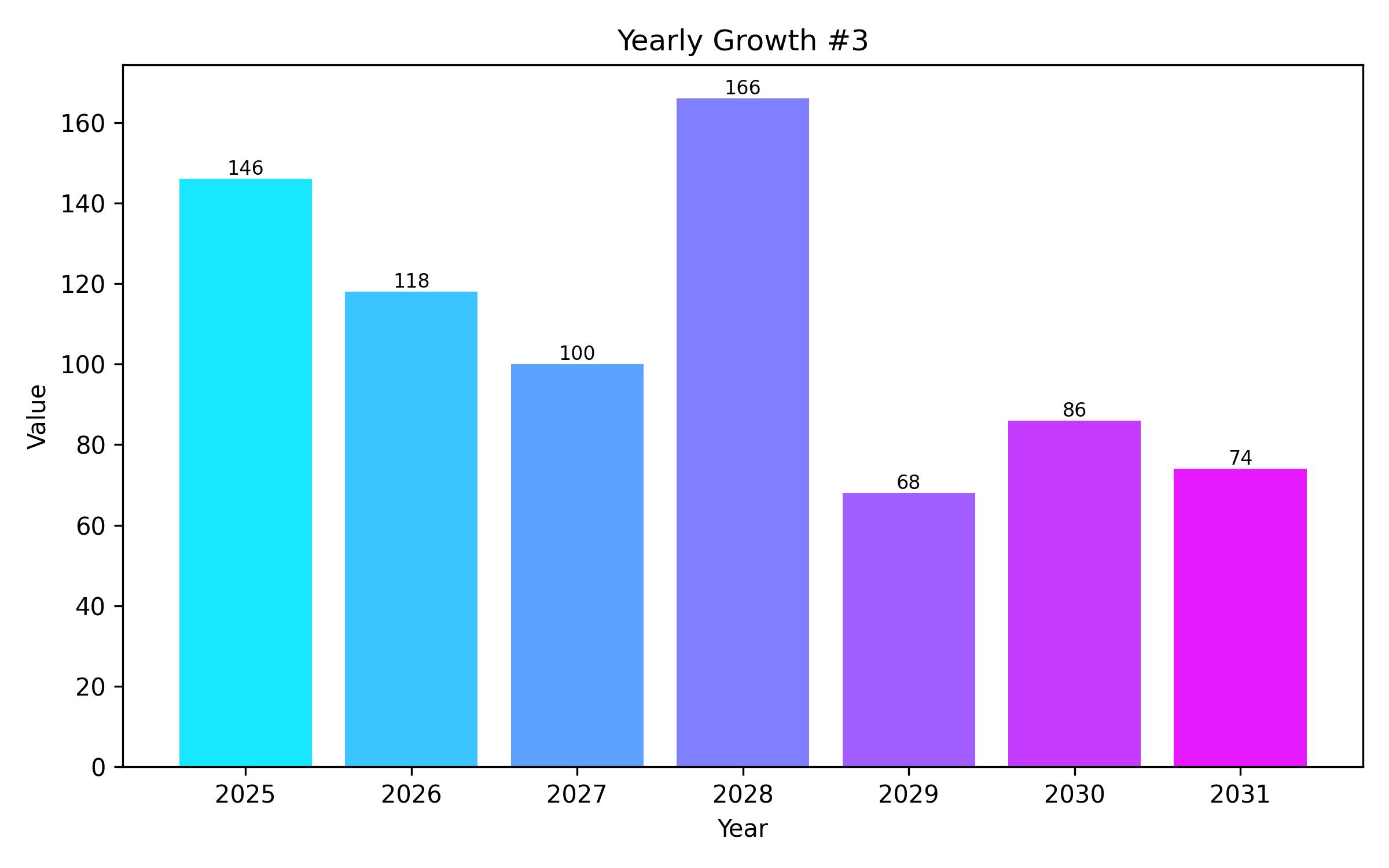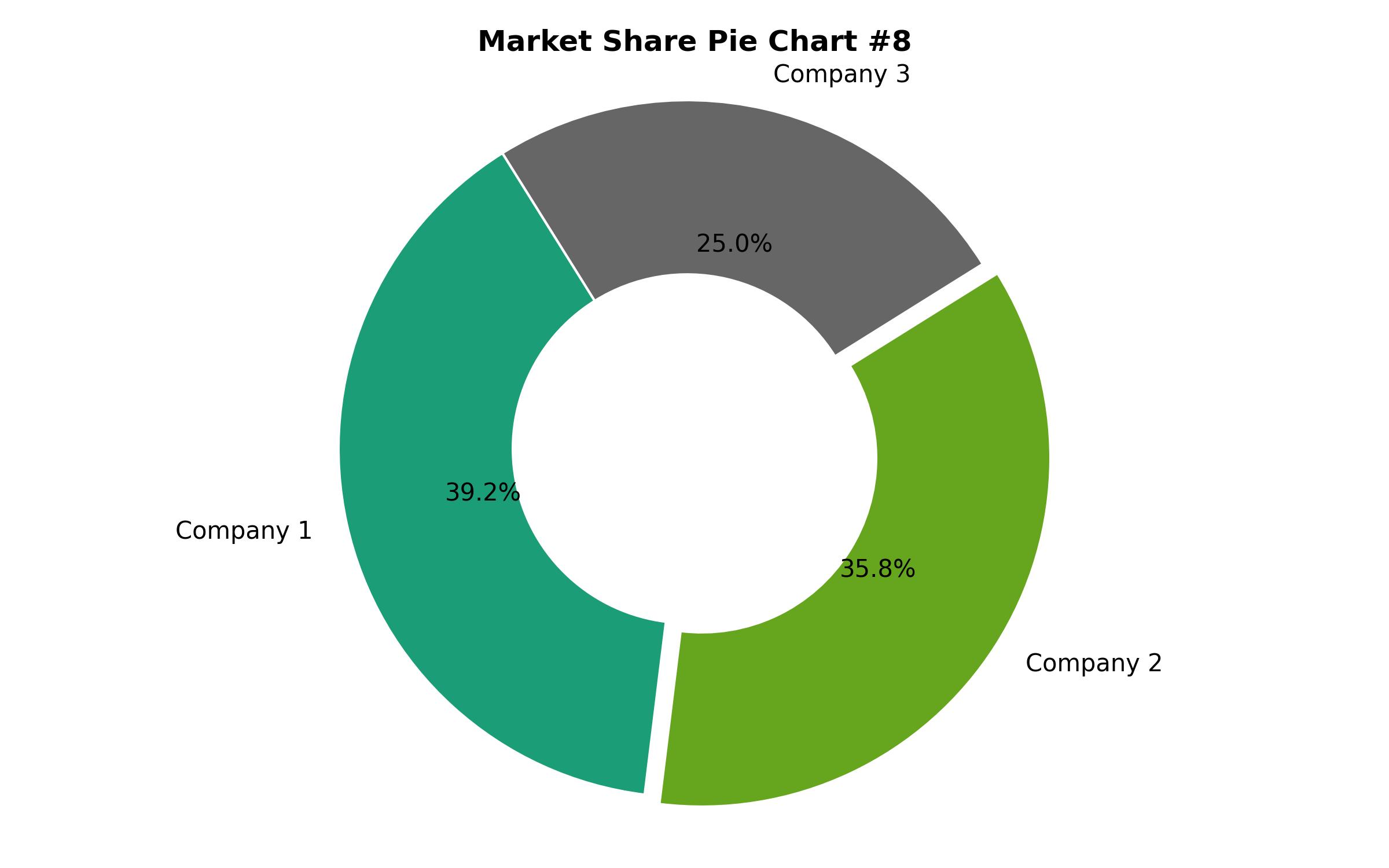Medical Bed Market Projections and Growth Analysis: 2025 to 2035
Overview:
The Medical Bed Market consists of adjustable beds designed for use in a variety of healthcare settings such as hospitals, clinics, elder care facilities, ambulatory centers, and homecare environments. These beds can be manual, semi-electric, or fully electric and are designed to enhance patient comfort, safety, mobility, and care provider efficiency.
Key features often include adjustable side rails, integrated weight sensors, adaptable height settings, various positioning capabilities like Trendelenburg, and specialized surfaces to prevent pressure injuries. The demand for medical beds is significantly influenced by growing hospital admissions globally, the expansion of the elderly population, the increasing incidence of chronic diseases requiring extended care, and continuous developments in healthcare infrastructure worldwide.
The international medical bed market was valued at approximately USD 3,781.2 million in 2025. Predictions indicate a growth trajectory reaching roughly USD 5,490.5 million by the close of 2035, demonstrating a Compound Annual Growth Rate (CAGR) of 3.8% over the forthcoming decade.
Anticipated market expansion is further stimulated by the rising necessity for beds in intensive care units, the increasing shift towards healthcare delivered within patients’ homes, and ongoing technological progress in smart beds that incorporate digital health monitoring capabilities. This is particularly relevant in enhancing preparedness and response strategies following recent global health emergencies.
Many healthcare providers, especially in developing regions, continue to utilize manual or basic semi-electric bed models due to financial constraints, which can pose significant challenges for the market, particularly regarding the adoption of high-cost, advanced electric and smart beds with sophisticated features like pressure relief systems and remote patient monitoring.
Supply chain disruptions and economic disparities across different countries also contribute to uneven market penetration of premium medical beds. The market structure is diverse, with a mix of large international corporations, regional manufacturers, and specialized providers catering to specific needs like bariatric or pediatric care.
Opportunities for growth are substantial in several key areas. The increasing elderly demographic and the global rise in chronic illnesses are driving a greater need for specialized, ergonomic medical beds, especially as preferences for home-based care grow. Innovations are increasingly focusing on integrating Internet of Things (IoT) technology into beds for features like patient monitoring, automated repositioning, adjustable height, and enhanced mobility.
Emerging trends include the development of modular bed designs that facilitate the integration of telemedicine capabilities and support the ‘hospital-at-home’ care model. Providers are looking for beds that not only meet functional requirements but also enhance the overall patient experience and improve workflow efficiency for healthcare staff.
Regulatory standards for medical devices, including beds, are evolving globally, influencing design and manufacturing processes to ensure patient safety and product quality. Compliance with these standards is crucial for market access and acceptance.
The competitive landscape features major global players alongside numerous smaller, niche manufacturers. Strategic initiatives such as new product launches, technological partnerships, and mergers and acquisitions are common as companies aim to expand market share and respond to evolving healthcare needs.

| Report Attribute | Details |
|---|---|
| Market Size in 2025 | USD 3,781.2 Million |
| Projected Market Size in 2035 | USD 5,490.5 Million |
| Growth Rate (CAGR) | 3.8% from 2025 to 2035 |
| Base Year for Estimation | 2024 |
| Historical Data | 2020 – 2024 |
| Forecast Period | 2025 – 2035 |
| Quantitative Units | Revenue in USD Million and CAGR from 2025 to 2035 |
| Report Coverage | Revenue forecast, company market share, competitive landscape, growth drivers, and trends |
| Covered Segments | Type, geography |
| Regional Scope | North America, Europe, Asia-Pacific, Latin America, Middle East & Africa |
| Country Scope | USA, UK, Japan, South Korea, Germany, France, Italy |
| Key Companies Analyzed | Hill-Rom Holdings, Inc. (Baxter International), Stryker Corporation, Invacare Corporation, LINET Group SE, Getinge AB, Joerns Healthcare, Paramount Bed Co., Ltd., Medline Industries, LP, Arjo AB, Stiegelmeyer GmbH & Co. KG |
| Customization Options | Free report customization (up to 8 analysts working days) with purchase. Changes to country, regional, and segment scope |
| Pricing and Purchase Options | Customizable purchase options for tailored research needs |

Report Coverage & Deliverables
- Market Trends And Dynamics
- Competitve Benchmarking
- Historical data and forecasts
- Value/Volume analysis
- Company revenue shares and key strategies
- Regional opportunities
This is an indicative segmentation. Please request a sample report to see detail segmentation of this market.
Detailed Market Segmentation
- Acute Care Beds
- Long-Term Care Beds
- Maternity Beds
- Region
Table of Content
- Executive snapshot
- Market Introduction
- Market Dynamics
- Key Market Trends
- Market Demand Analysis 2020 to 2024 and Forecast, 2025 to 2035
- Market Background
- Market Analysis 2020 to 2024 and Forecast 2025 to 2035, By Type
- Acute Care Beds
- Long-Term Care Beds
- Maternity Beds
- Market Analysis 2020 to 2024 and Forecast 2025 to 2035, By Region
- North America
- Europe
- Asia-Pacific
- Latin America
- Middle East and Africa
- North America Market Analysis 2020 to 2024 and Forecast 2025 to 2035
- Europe Market Analysis 2020 to 2024 and Forecast 2025 to 2035
- Asia-Pacific Market Analysis 2020 to 2024 and Forecast 2025 to 2035
- Latin America Market Analysis 2020 to 2024 and Forecast 2025 to 2035
- Middle East and Africa Market Analysis 2020 to 2024 and Forecast 2025 to 2035
- Country-wise Analysis
- United States
- United Kingdom
- European Union
- Japan
- South Korea
- Market Structure Analysis
- Competition Analysis
- Regulatory Landscape
- Technological Innovations
- Sustainability Trends
- Consumer Trends
- Key Market Insights
- Assumptions and Acronyms Used
- Research Methodology
